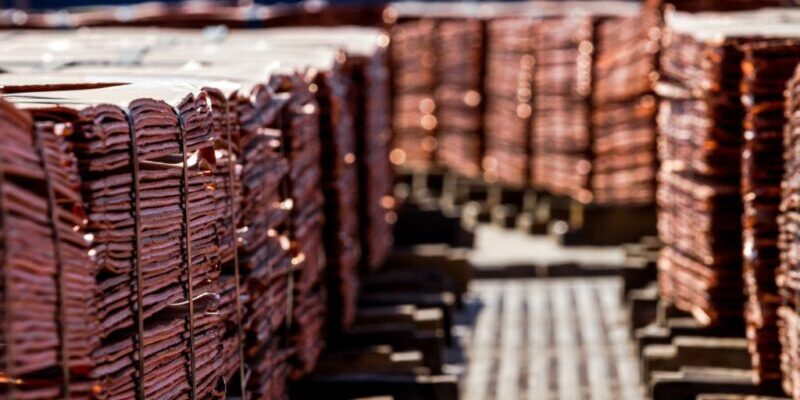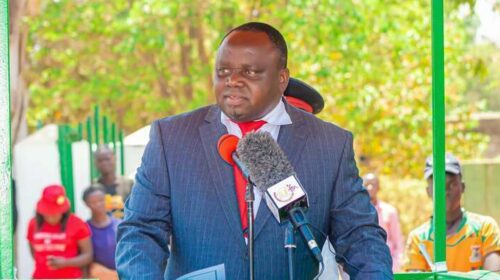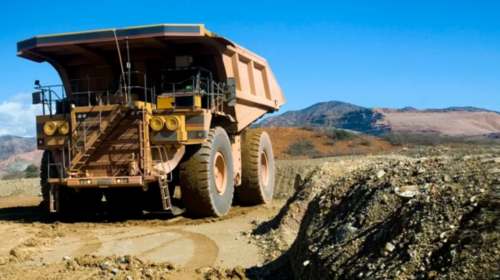DRC’s $7 Billion Infrastructure Deal with China Tied to Copper Prices
Details published on Friday reveal that around $7 billion in infrastructure investments by Chinese companies in the Democratic Republic of Congo (DRC) under a revised minerals deal will be closely tied to copper prices.
President Felix Tshisekedi’s government pushed for a review of the 2008 infrastructure-for-minerals deal with Sinohydro Corp and China Railway Group to secure greater benefits for the DRC, known as the world’s largest cobalt producer. The revised agreement was signed in March.
Under the terms of the new agreement, the parties have agreed to maintain the current shareholding structure of their Sicomines copper and cobalt joint venture, with 68% held by the Chinese partners and 32% by the DRC state miner Gecamines.
The previously undisclosed details of the agreement outline several conditions for the $7 billion investment, which includes the construction of much-needed roads in a country lacking in infrastructure.
Funding for the infrastructure projects will be sourced from Sicomines’ profits, with a portion used to repay loans from Chinese banks on behalf of the DRC.
Notably, $324 million will be allocated annually for road infrastructure from 2024 to 2040, contingent upon copper prices remaining above $8,000 per metric ton.
However, should copper prices exceed $8,000 per ton by at least 50%, 30% of the additional profits will be channeled towards financing extra infrastructure projects, as outlined in the detailed agreement published on a government website.
The agreement also stipulates that if copper prices fall to $5,200 per ton or lower, Sicomines will cease financing infrastructure projects.
Additionally, Sicomines will continue to be exempt from paying taxes until 2040—a provision that has drawn criticism from Congolese and international civil society organizations for its perceived impact on state revenue.
Congo, the world’s third-largest copper producer with significant deposits of lithium, tin, and gold, among other minerals, has committed to transparency by pledging to publish all mining contracts.
This initiative is part of a three-year program with the International Monetary Fund (IMF), with an ongoing IMF staff mission in the country until May 8 to assess the final review of the program.
![]()





